Mísia, originally Susana Maria Alfonso de Aguiar, sings in the world-famous Portuguese fado genre. Her powerful, passionate voice embodies the musical atmosphere and emotional style of fado. She will soon be performing live at Müpa Budapest, where she will be touring with her latest album Animal Sentimental, released in 2022.
If you hear the word fado and associate it with a strongly emotional, melancholic, brooding mood, you’re pretty much right. After all, fado often deals with themes such as loss, separation, abandonment and remembrance. The songs are also about love and the pain of life, but they also give us hope and strength to face the difficulties.
Fado songs have become an important part of Portuguese culture, and the range of emotions and experiences expressed through the music is so broad that they are closely linked to Portuguese history and culture. Although fado is also sung in other languages around the world, it is Portuguese which has a pronunciation and rhythm most suited to this music. Listen to one of Mísia’s famous songs:
The traditional fado performance venues in Portugal are the so-called fado houses, which specialise in the performance of the genre. They are typically small cafés and bars with an intimate atmosphere, where guests sit at tables and listen to the singers up close. The best of these are mainly found in Lisbon and Coimbra, but they are also present in smaller towns. It is interesting to note that fado singers are traditionally women, and traditional fado songs have also mostly been sung by women, so it is typically a female genre.
There are different theories about the origin of the word fado. Most believe that it comes from the Latin word fatum, meaning fate or destiny. Others believe that it comes from the Portuguese word “fadista”, meaning fado singer. Others believe it comes from the Arabic word “fadoh”, meaning to complain.
The history of the genre goes back several centuries, but its origins date back to the 19th century. It originated from Portuguese folk music, musical influences from urban artistic circles and the musical heritage brought by African slaves. Its characteristic instruments include the Portuguese guitar, the acoustic guitar and the bass guitar.
Its popularity peaked in the 1930s and 1940s, when legendary performers such as Amália Rodrigues and musical composers such as Alain Oulman and Carlos do Carmo introduced the genre outside Portugal. Its first major international success came in the 1930s, when Portuguese fado singers began to tour Brazil, England and France. The world expos also helped its international popularity, as the Portuguese pavilion featured representatives of fado. From the 1950s onwards, the artists regularly toured the USA and Canada.
Born in Porto, Portugal, in 1955, Mísia was introduced to fado music from an early age. Her career began in 1991 and since then she has performed all over the world. She is now part of a new generation of the genre, which is also reflected in how she sings not only in the traditional fado style, but also makes more experimental music, mixing fado characteristics with other musical styles such as jazz or flamenco. Over the past decades, she has released several albums and has received numerous awards and accolades.
This song captures the special atmosphere of her music:
Mísia’s voice is a good example of the high demands made on singers in this genre. In addition to an excellent singing voice, they use vocal techniques that allow them to express the emotional depth of the songs. They must also be able to convey the emotional state authentically during the performance and capture the audience’s attention.
Mísia uses the innovative techniques mentioned above because she aims to preserve the values of traditional fado while adding something new to the genre. She reinterprets and modernises while respecting the traditions and the original sound. Using innovative techniques also allows him to develop his own style and make fado music attractive to young people.
She uses combinations of instruments such as Portuguese guitar, classical guitar and stringed instruments, which create an unusual and unique sound. All these techniques help him to attract new audiences to fado music, and in doing so, he ensures that traditional Portuguese music continues to be loved and appreciated by audiences around the world.
Mísia’s concert is not to be missed, as it is a unique experience.
Article: Anna Rácz
Translation: Zsófia Hacsek

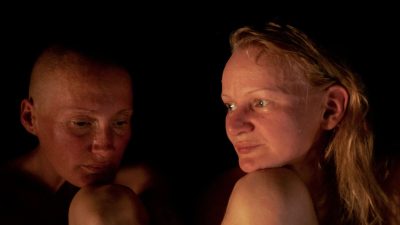


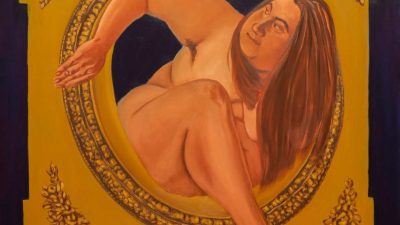




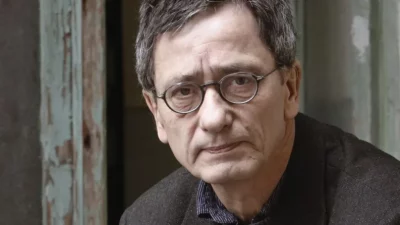




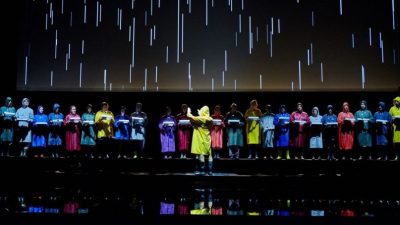





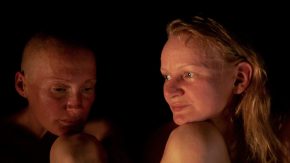





Comments